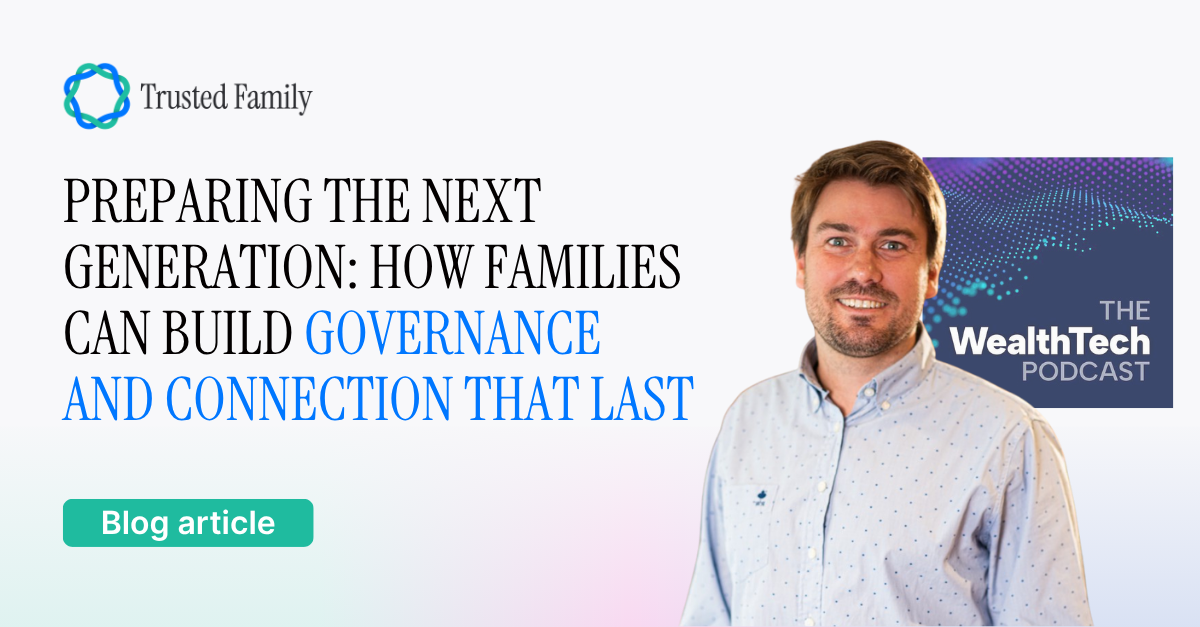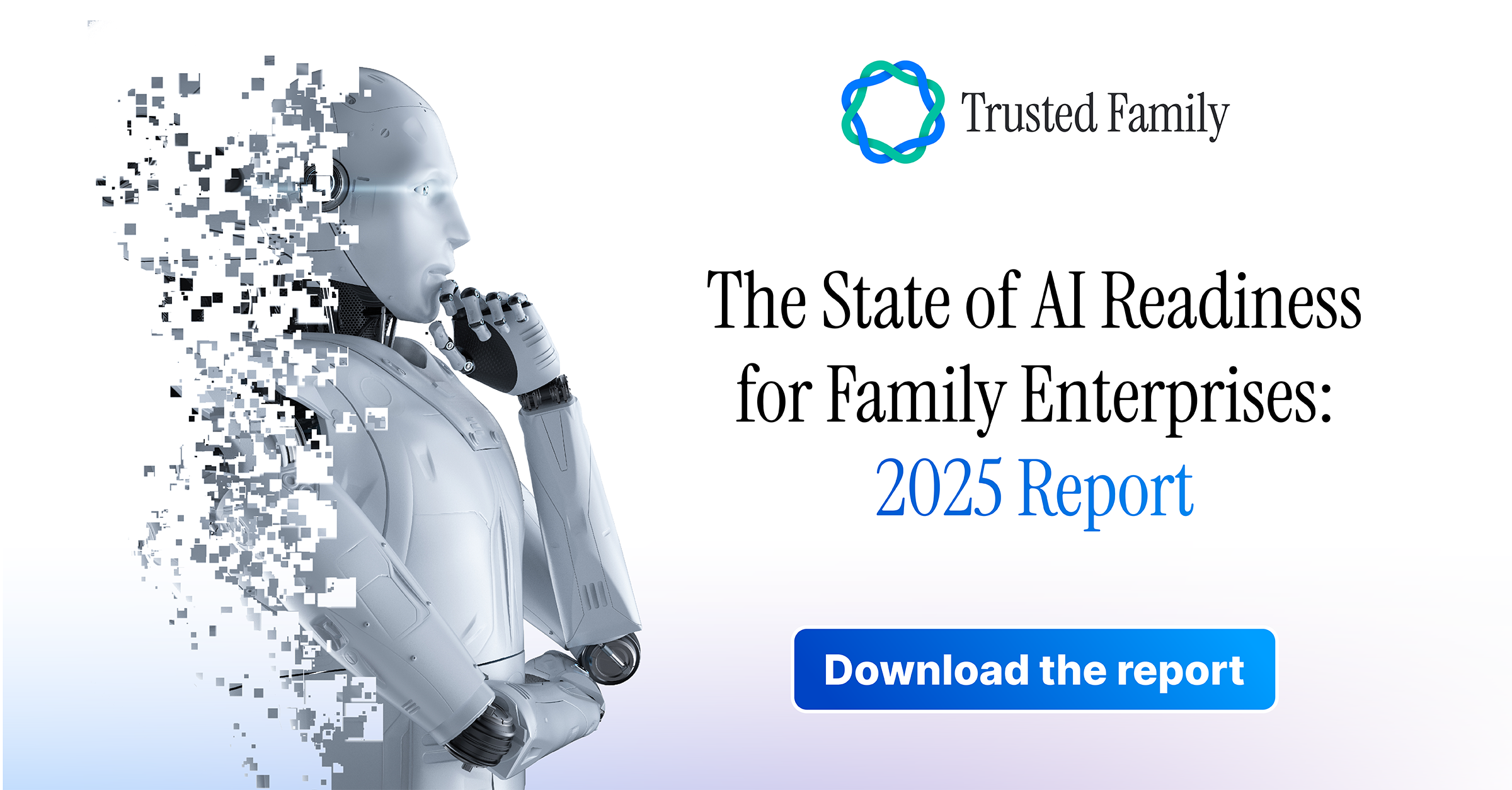
Engaging the next generation in family business-led philanthropy is an excellent strategy for cultivating shared values, reinforcing intergenerational commitment, and strengthening the emotional connection to the family legacy. However, to be effective, this initiative must be carefully designed and managed.
Advantages of involving the next generation in philanthropy
- Reinforcement of family values
Philanthropy offers an opportunity to convey core family values, such as generosity, social responsibility, and community commitment. - Fostering a sense of purpose
Participating in philanthropic initiatives connects young people to a broader purpose, helping them understand the positive impact family wealth can have on society. - Development of strategic skills
Philanthropic project management allows the next generation to gain experience in decision-making, resource management, and teamwork. - Strengthening intergenerational engagement
Working together on philanthropic initiatives fosters cross-generational collaboration, improving family relationships and creating a sense of unity. - Reputation and family legacy
Philanthropy enhances the reputation of the family and its business, reinforcing its position as a responsible and committed actor in society. - Preparing for leadership roles
Participating in the planning and execution of philanthropic initiatives provides young people with valuable experience that they can apply to other areas of the family business.

Challenges for this Initiative
- Disinterest or disconnection
Not all young people may be initially motivated by philanthropic activities, especially if they don't see how these activities relate to their personal interests. - Priority conflicts
Differences of opinion between or within generations about how to approach philanthropic initiatives can create tensions. - Lack of experience or knowledge
The next generation may lack the skills needed to effectively evaluate and manage philanthropic projects. - Perception of lack of impact
If initiatives are not well designed or lack visible results, young people may lose interest or become frustrated. - Risk of instrumentalization
If philanthropy is perceived as a public relations tool or an obligation, rather than a genuine effort, it can affect motivation and engagement.

How to prepare the family business for this step
- Define a clear vision and objectives
- Establish a philanthropic mission that reflects the family's values and vision.
- Define specific, measurable goals aligned with family and social priorities.
- Educating and raising awareness among the next generation
- Offer training on topics such as social responsibility, sustainability, and impact assessment.
- Expose them to community needs through field visits, meetings with beneficiaries, and participation in projects.
- Include them in decision-making
- Create a philanthropic committee where young people can actively participate in the planning, evaluation, and execution of projects.
- Assign them concrete responsibilities so they feel empowered.
- Promote alignment with your personal interests
- Identify causes that resonate with the interests and passions of the next generation, such as education, environmental sustainability, or public health.
- Allow them to lead projects related to these areas.
- Design a mentoring program
- Pair them with experienced family members or outside experts who can guide them in their philanthropic development.
- Establish success metrics and tracking systems
- Create a framework to measure the impact of philanthropic initiatives, ensuring they are effective and transparent.
- Share results regularly to maintain motivation and demonstrate the value of the effort.
- Create spaces for intergenerational dialogue
- Facilitate regular meetings where members of different generations can share ideas, resolve conflicts, and align their priorities.
- Foster emotional engagement
- Organize activities that allow young people to interact directly with project beneficiaries, reinforcing the emotional impact of their work.
Involving the next generation in family business-led philanthropy is not only a tool to strengthen their connection to the family legacy, but also an opportunity to prepare them as responsible and committed leaders. With proper preparation, this initiative can generate a positive impact on both the family and society, ensuring that the family's values and vision are passed on and adapted to the next generation.

Conclusion
Involving the next generation on boards of directors is not only an investment in the future of the family business, but also an opportunity to build a solid bridge between today and tomorrow. With proper preparation, companies can tap into the enthusiasm and innovative ideas of young people while passing on the values, vision, and wisdom of previous generations.
How Trusted Family supports philanthropic engagement
Trusted Family can play a crucial role in successfully integrating the next generation into family business-led philanthropic initiatives. Its focus on governance, communication, and centralized management helps overcome the challenges and maximize the opportunities of this initiative.
- Centralized philanthropy management Store and organize initiatives, budgets, goals, and impact reports in one secure platform for easy access and alignment.
- Structured intergenerational collaboration Set up dedicated philanthropic committees, assign clear roles, and provide young family members with real responsibilities.
- Communication & transparency tools Host virtual meetings, share real-time updates, and maintain a historical record of decisions to ensure clarity and accountability.
- Education & inspiration Distribute learning materials, case studies, and expert-led webinars to build knowledge and motivate younger members.
- Encouraging initiative & ownership Create proposal spaces where next-gens can pitch projects aligned with their passions—and celebrate their achievements.
- Strengthening emotional connection Share stories, family history, and testimonials from beneficiaries to reinforce values and purpose across generations.
Whether your family is just starting its philanthropic journey or refining a legacy, Trusted Family helps make every step more meaningful and future-ready.



















